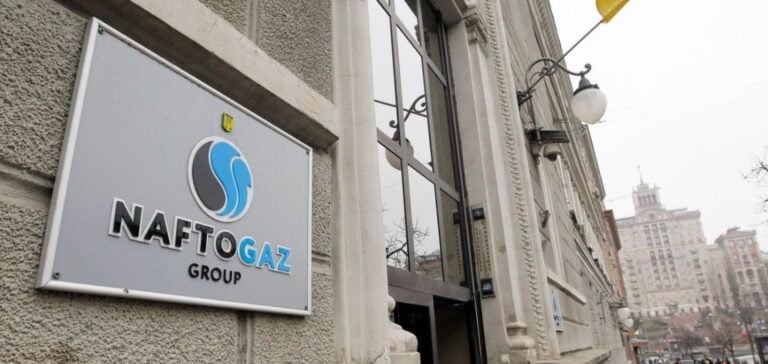A Finnish court recently ordered the seizure of Russian assets valued at several tens of millions of dollars at the request of Naftogaz, Ukraine’s state-owned gas company. This decision marks a significant step in Naftogaz’s global strategy to seek compensation for the loss of its assets in Crimea in 2014, following the annexation of the peninsula by Russia.
The case dates back to April 2023, when an arbitration court in The Hague ordered Russia to pay Naftogaz $5 billion in compensation for damages caused by the seizure of its assets in Crimea. With Moscow having failed to comply with this ruling, Naftogaz has initiated legal proceedings in several countries, seeking to recognize and enforce this ruling on Russian assets located abroad.
First Asset Seizure Outside Ukraine
The Helsinki court’s decision marks a public first: this is the first successful seizure of Russian assets outside Ukraine to enforce an international court ruling related to the expropriation of Ukrainian property by Russia. According to Naftogaz, this ruling is part of a series of actions undertaken by the company to recover its confiscated property in Crimea. The company plans to intensify these efforts in other jurisdictions where Russian assets are located.
In a statement, Oleksiy Chernyshov, CEO of Naftogaz, welcomed this advance, calling it “a step closer to restoring justice.” He affirmed that the company would continue using “all available mechanisms” to recover the funds owed.
International Procedures for Arbitration Recognition
Prior to this decision in Finland, Naftogaz had obtained recognition of the arbitration in its favor in the United Kingdom in December 2022. In June 2023, the company also filed a petition with the District Court of Columbia in the United States to enforce The Hague’s ruling on Russian assets located in the U.S. These efforts reflect a desire to broaden the scope of arbitration enforcement in key jurisdictions, making it increasingly difficult for Russia to evade financial obligations.
Context of the Asset Seizure in Crimea
Naftogaz held various oil and gas assets in Crimea before Russia’s 2014 annexation, including gas storage facilities and drilling rigs valued at $400 million each. These assets also included the company ChornomorNaftoGaz, a gas producer, which produced 1.65 billion cubic meters (Bcm) of gas in 2013, with production expected to increase to 3 Bcm by 2015. Russia also seized around 2 Bcm of gas stored by Naftogaz in Crimea’s underground storage facilities.
Implications for Ukrainian Gas Production
The loss of Naftogaz’s assets in Crimea impacted Ukraine’s ability to produce natural gas, a challenge worsened by the ongoing military conflict since Russia’s invasion in 2022. Although national gas production fell to 18.5 Bcm in 2022, Naftogaz managed to increase output the following year to 18.7 Bcm and aims for a further increase to meet winter demand without resorting to costly European imports. Energy independence has become a priority for Kyiv, especially in light of high gas prices in Europe, where the Dutch TTF benchmark for the following month was 43.47 euros per megawatt-hour (MWh) on October 25.






















